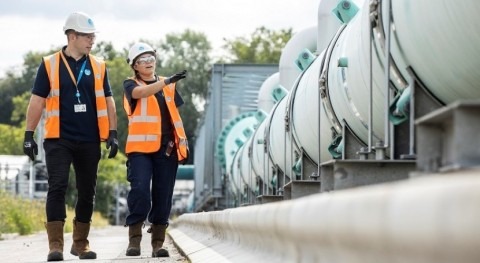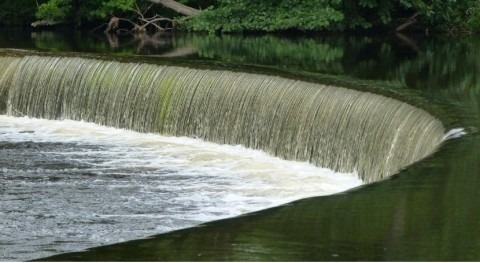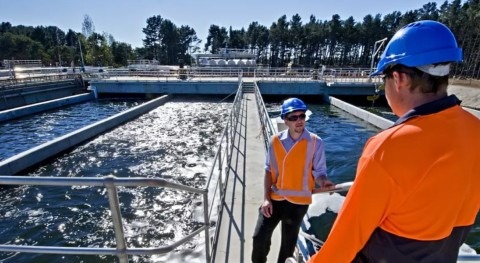England has introduced a new law banning the supply and sale of wet wipes containing plastic, marking a significant step in national efforts to reduce pollution in rivers, lakes and coastal waters. The legislation, announced by the Department for Environment, Food & Rural Affairs, aims to curb a major and persistent source of microplastic contamination and sewer blockages.
Plastic-containing wet wipes have become a widespread pollutant, with national beach monitoring data showing an average of 20 wipes per 100 metres of UK coastline between 2015 and 2020. When flushed, these wipes degrade into microplastics that enter aquatic environments, threatening wildlife and contributing to long-term ecosystem damage.
The ban applies specifically to wet wipes containing plastic; businesses will have an 18-month transition period before enforcement begins in spring 2027
Beyond environmental impacts, wet wipes also pose a serious operational challenge for water companies. Research by UK Water Industry Research found that wet wipes are linked to 94% of sewer blockages. These blockages cost an estimated £200 million annually to clear, costs that are ultimately passed on to customers through household water bills.
The ban applies specifically to wet wipes containing plastic, with exemptions for certain medical uses. Businesses will have an 18-month transition period before enforcement begins in spring 2027. Several major retailers have already removed plastic-based wipes from their shelves, and plastic-free alternatives are widely available.
While the legislation targets plastic content, the government and water sector continue to urge the public not to flush any wet wipes, even those labelled as “flushable”. Incorrect disposal remains a key driver of sewer blockages and pollution events.
England’s move follows similar action in Wales, with Northern Ireland and Scotland expected to introduce parallel legislation later this year. The ban forms part of a broader programme to reform the water sector, including measures to improve wastewater management, reduce pollution, and strengthen resilience across drainage systems.
Further policy measures, including a potential ban on the manufacture of plastic wet wipes, will be considered once the current legislation comes fully into force.


















